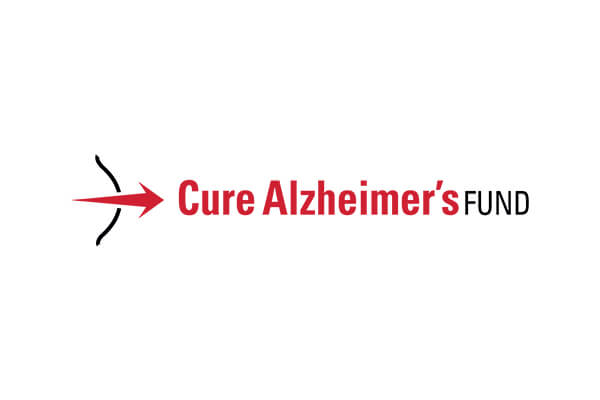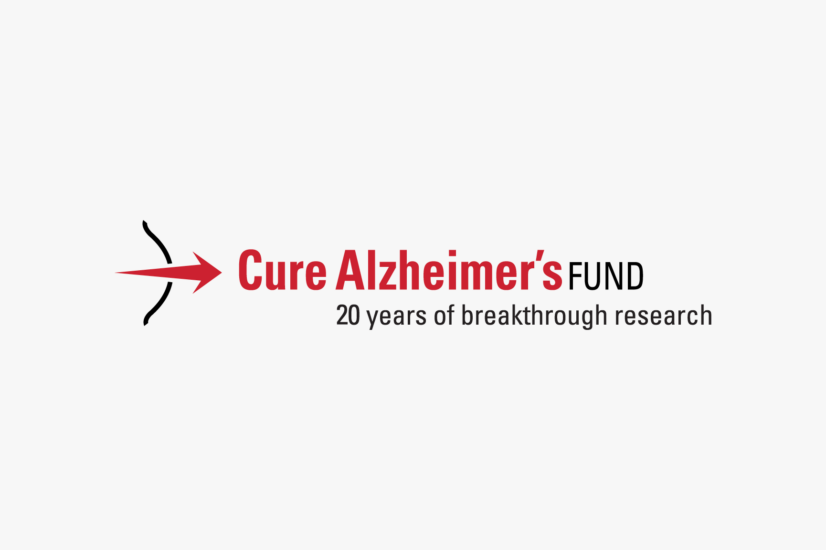On June 10, 2024, an 11-member panel of independent scientific and clinical advisors, convened by the Food and Drug Administration (FDA), voted unanimously to recommend Eli Lilly’s drug donanemab for approval in the treatment of Alzheimer’s disease, citing that the potential benefits outweigh the risks. The FDA will consider the panel’s recommendation before making a final determination to approve or reject the drug. If approved, donanemab would become the second drug currently available on the market to treat Alzheimer’s disease. Leqembi, a drug in the same class, was approved in 2023.
”We are excited to see a second drug reach this milestone in the FDA regular approval process. We thank the FDA and the members of the Advisory Committee for their thoughtful, patient-centric discussion of donanemab and its risk/reward profile for individuals in the earliest stages of clinical Alzheimer’s disease, and look forward to the FDA’s final decision later this year.”
Background
Donanemab is a monoclonal antibody that targets a form of amyloid beta that builds up in the bundles of plaque that accumulate in the brain. Anti-amyloid monoclonal antibody drugs, including donanemab, are immunotherapies designed to increase the normal clearance of this pathology by the brain’s innate immune cells.
- The phase 3 donanemab study included 1,700 patients between the ages of 60-85 years of age who had both amyloid and tau pathology in their brains as confirmed by imaging tests. Other phase 3 trials of drugs in this class have only screened participants for amyloid pathology.
- All participants were also clinically diagnosed with mild cognitive impairment or mild dementia due to Alzheimer’s disease.
- A control group of participants received a placebo so that the treated group could be compared to untreated participants on metrics of safety, brain pathology levels, and cognitive function.
- The treatment was administered intravenously once a month for up to 18 months. Imaging was used to monitor the effects of the treatment.
- Participants stopped treatment but continued to be assessed in the trial when their brain amyloid dropped below the diagnostic threshold. This is a key difference between the donanemab trial and past phase 3 trials of other drugs in this class.
- To date, all drugs in this class are associated with the same potential side effect, ARIA (amyloid-related imaging abnormalities), but the rates were higher in the donanemab trial than in the phase 3 trials of aducanumab (Aduhelm) and lecanemab (Leqembi). Most cases of ARIA are asymptomatic or mild. Symptoms include headache, confusion, dizziness, nausea, and, in a few rare cases, seizures. Approximately 24% of trial participants treated with donanemab experienced brain swelling and 31% experienced bleeding in the brain.
- Nineteen participants died during the trial and three of the deaths were attributed to donanemab. This compares to sixteen patients who died during the trial and who were treated with a placebo.
At the end of the 18-month trial, the treatment group had declined 29% less on an assessment of cognitive function than the untreated participants, even though many in the treatment group were able to stop treatment in a year or less due to reduction of beta-amyloid. This result is similar to that seen in the phase 3 trial that led to FDA approval for another anti-amyloid monoclonal antibody, Leqembi.
AdComm Background and Results
The AdComm voted unanimously that donanemab should be approved and that its clinical benefits outweigh the risks of brain swelling and hemorrhage associated with this class of drugs.
In news coverage from STAT, one member of the AdComm, Stanford neurologist Kathleen Poston, summarized the group’s thinking: “The benefits outweigh the risks, as long as the risks are being monitored.”
- The FDA convenes panels of outside experts, often clinicians, to provide input to its drug approval decision-making. These experts review extensive data and analysis prepared by the drug sponsor and FDA staff. The FDA does not have to convene these meetings to approve a drug and does not have to follow their recommendations, but it often does ask AdComms to vote on specific questions about a drug and whether it should be approved.
- Members of the public are also offered an opportunity to provide input and the AdComm discussion touched on how differently individual patients may judge the risks and rewards of treatment for Alzheimer’s.
- The donanemab AdComm was closely watched for two reasons. First, the FDA disregarded negative guidance from an AdComm and moved forward to approve aducanumab (marketed as Aduhelm), the first anti-amyloid immunotherapy alleged to show cognitive benefit to a treatment subgroup in a phase 3 clinical trial. Many AdComm members resigned and Aduhelm was eventually removed from the market after poor sales and severe restrictions on coverage from the Centers for Medicare and Medicaid. Second, Leqembi is another drug in this class with similar efficacy and safety data, so the FDA’s decision to call an AdComm on donanemab late in the approval process was a surprise.
- In discussions, the AdComm and FDA also indicated that the drug’s label, which indicates the guidelines for prescriptions, should not require confirmation that patients have tau pathology. Tau imaging is not widely available clinically, and requiring it would significantly reduce access to donanemab.
- AdComm members also highlighted that the donanemab trial, similar to the Leqembi and Aduhelm trials, had insufficient numbers of Black and Hispanic participants to provide adequate safety and efficacy data for these populations.







